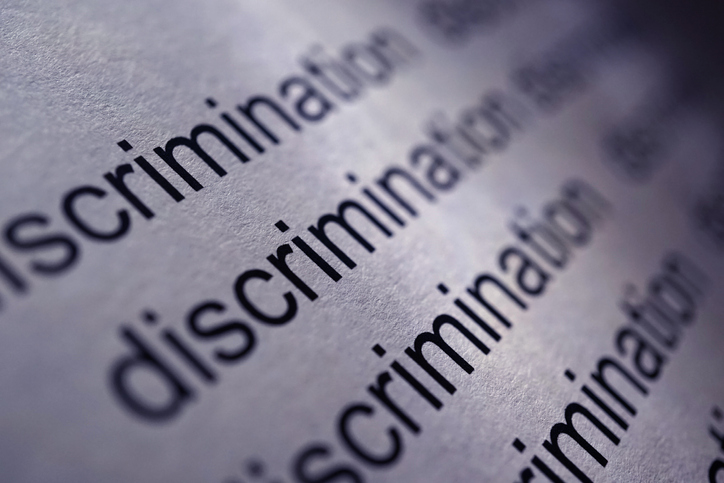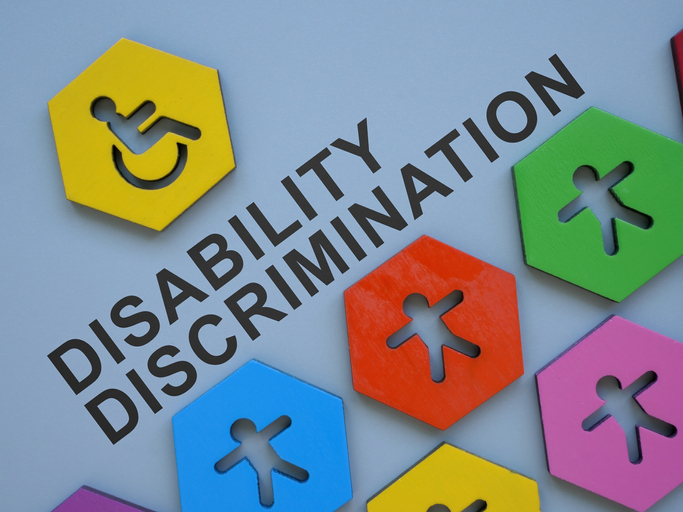Living with Chronic Pain
Tips for Dealing with Disability Discrimination

What is disability discrimination?
Discrimination occurs when a person, entity or system treats others unfairly and with prejudice. Disability discrimination can be experienced on a regular basis. It can be unintentional, and sometimes intended to be friendly, or very obvious. However, even small instances of discrimination can have a significant impact on disabled individuals. Below are tips that may help to deal with these situations.
Know your rights
When dealing with discrimination, it is important to your rights. The Convention on the Rights of Persons with Disabilities, adopted in 2006, was designed to shift the view and treatment of disabled individuals to that of subjects with basic human rights. This may include handicap accessibility to buildings, sign language interpretation, provision for jobs, full explanations of procedures, removal of barriers that exist between disabled individuals and their rights, etc.
Educate
Get educated by researching what is considered discriminatory toward disabled people. It can also help to educate others in instances of discrimination, especially if they are unaware and willing to learn. It may be beneficial to know how to easily access resources to present in these situations.
Report the situation
Reporting a discrimination issue is a very personal choice and may not be the best option for every situation. Reporting disability discrimination is often dependent on where it is occurring. In the United States, a person can report discrimination to the following:
- U.S. Department of Education’s Office for Civil Rights (for discrimination in educational settings)
- U.S. Department of Housing and Urban Development’s Office of Fair Housing and Equal Opportunity (for housing-related discrimination)
- U.S. Department of Justice, Civil Rights Division, Special Litigation Section (for discrimination with institutional confinement and conduct of law enforcement)
- U.S. Department of Agriculture’s Office of the Assistant Secretary for Civil Rights (for agriculture-related instances of discrimination)
- Equal Employment Opportunity Commission (for employment-related discrimination)
In Canada, both the federal government and the individual provinces and territories have human rights laws, with specific agencies to enforce them. Discrimination that happens at the provincial/territorial or municipal level should be reported to the individual commission. Not all provinces or territories offer the same protection. Discrimination that occurs at the federal government level or from federally regulated business can be reported through the Canadian Human Rights Commission. Individuals are typically expected to resolve the issue where it first took place, such as through a manager or customer service department.
Witnesses to disability discrimination
Speaking up is significant; however, the targeted individual may not want the issue to be reported. After acknowledging the situation, talk with the individual to see what they want. They may ask for help advocating for themselves or reporting the situation, or they may request that the situation be ignored. Helping includes the following:
- Never speak for them or over them.
- Never assume what they are thinking or feeling.
- Never assume that they do not know what is going on.
Additional sources: Canadian Human Rights Commission, U.S. Department of Health and Human Services, and Canadian Center for Diversity and Inclusion

















